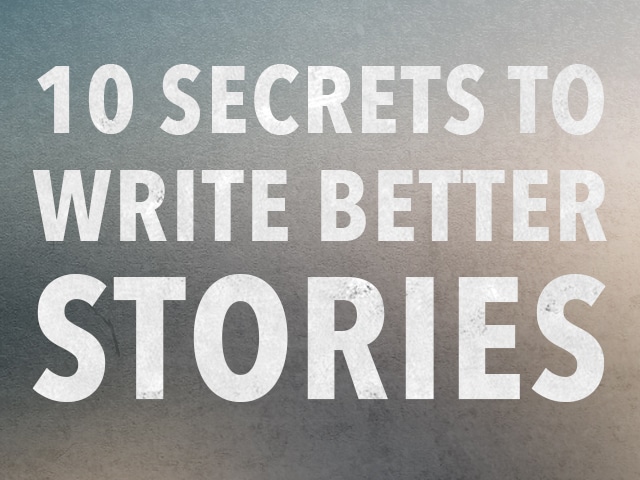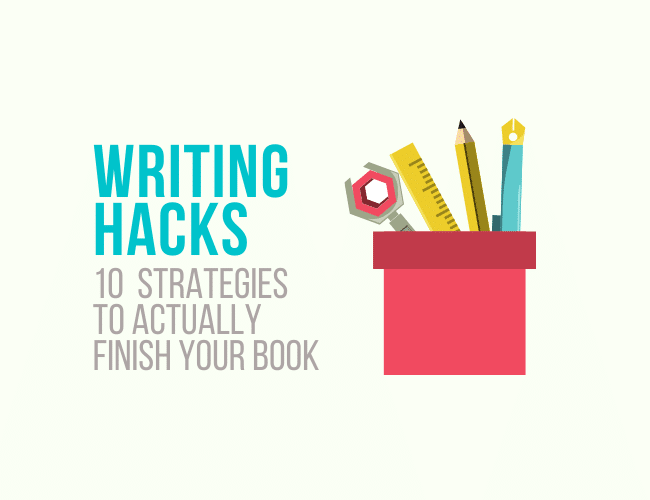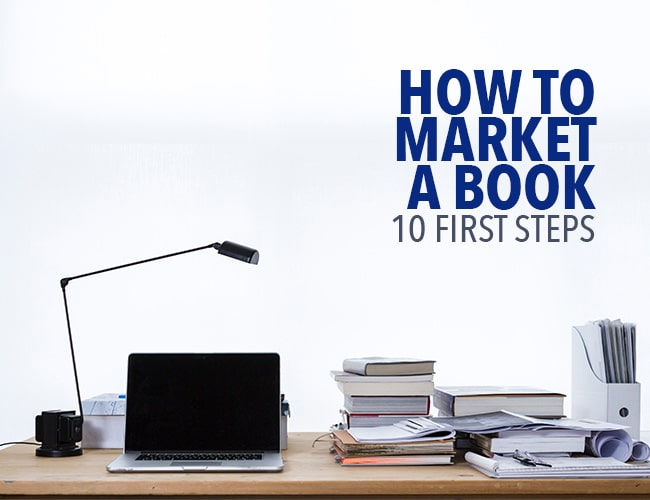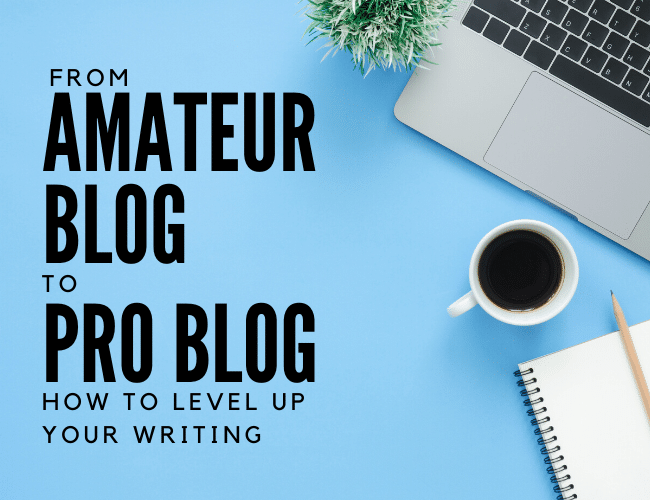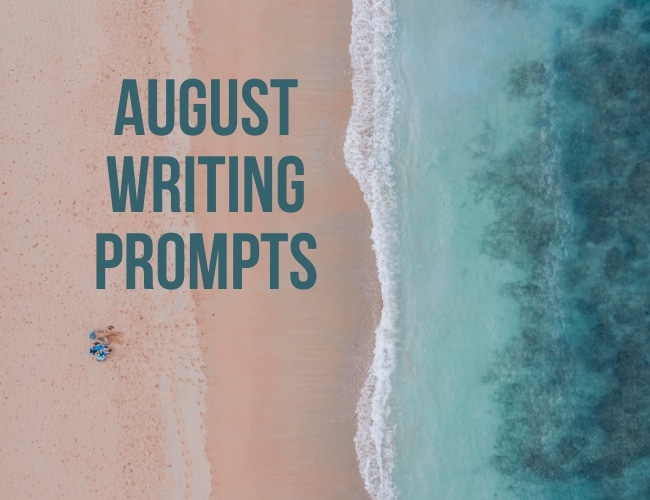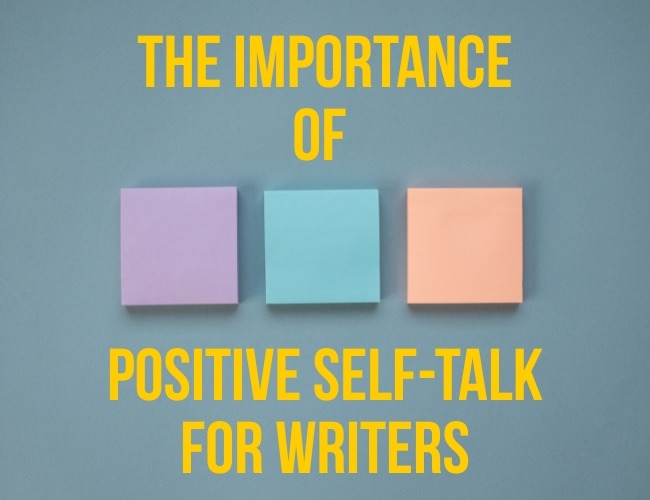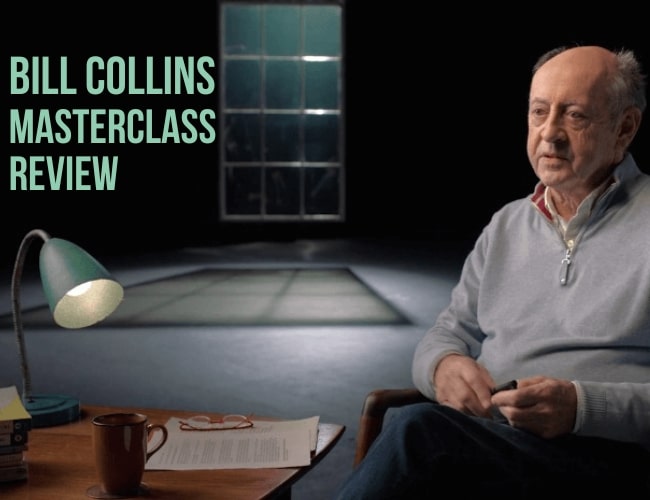Want to become a better writer? Perhaps you want to write novels, or maybe you just want to get better grades in your essay writing assignments, or maybe you’d like to start a popular blog.
If you want to write better, you need practice. But what does a writing practice actually look like? In this post, I’m going to give you everything you need to kick off your writing practice and become a better writer faster.

